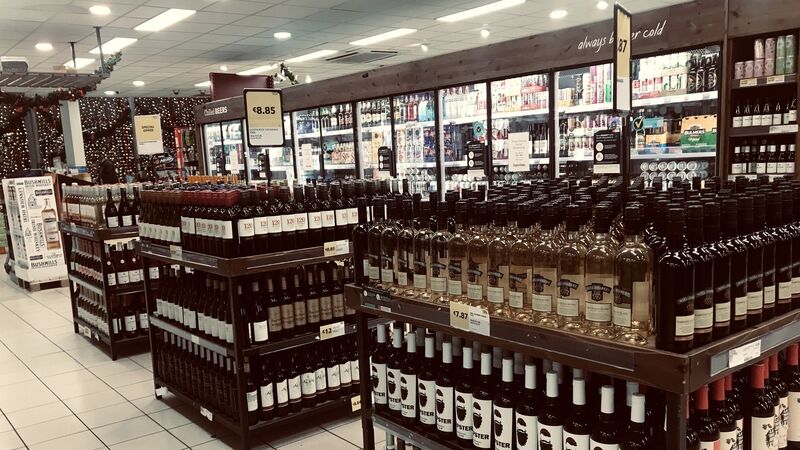Minimum Alcohol Pricing: What does it mean for me?

The Government has voted to introduce a minimum pricing of 10c per gram of alcohol.
Ministers have approved the introduction of minimum unit pricing for alcohol.
Minister of State at the Department of Health, Frank Feighan, says it will ensure that cheap strong alcohol is not available at what he calls "pocket money" prices.










